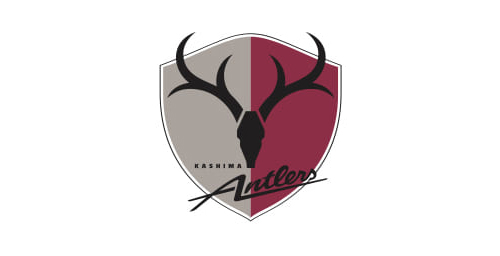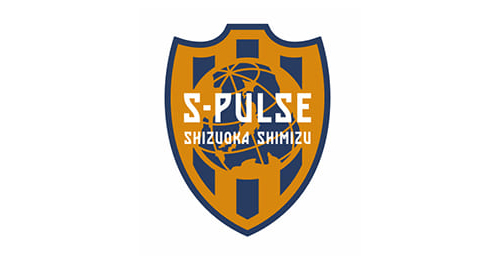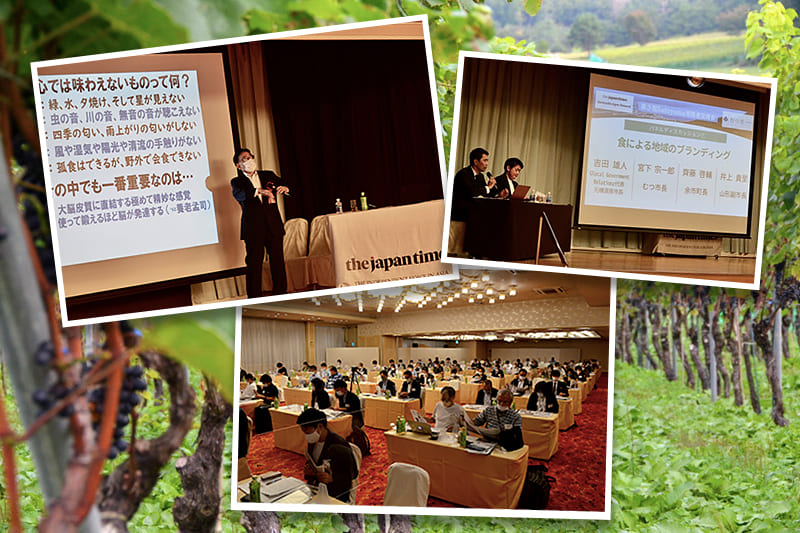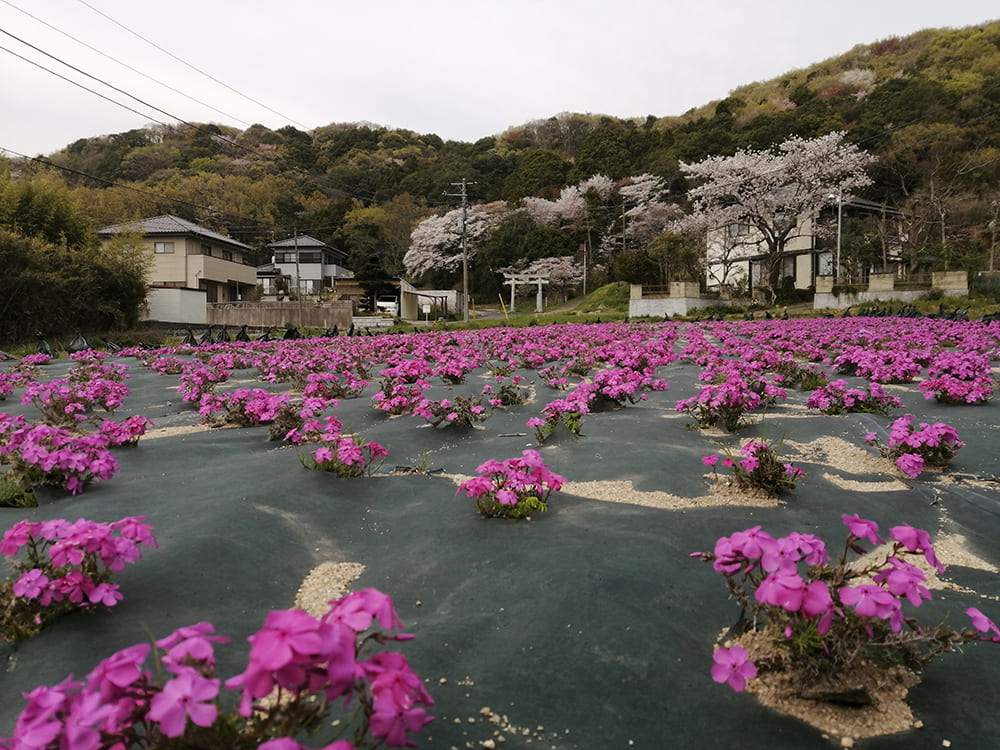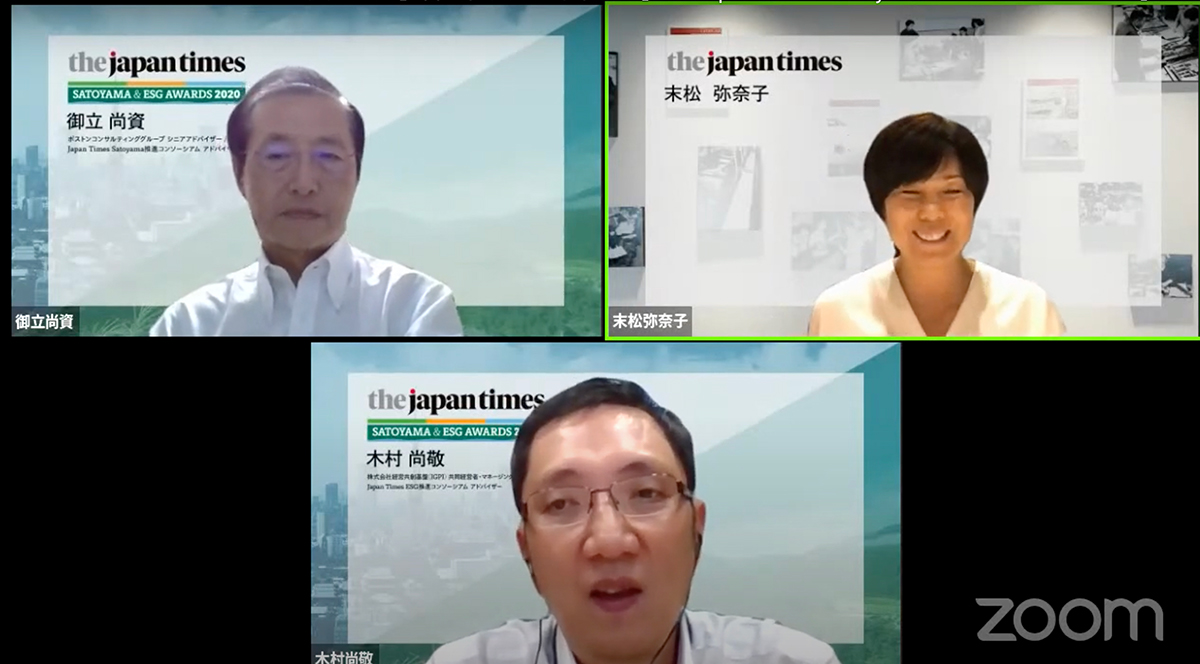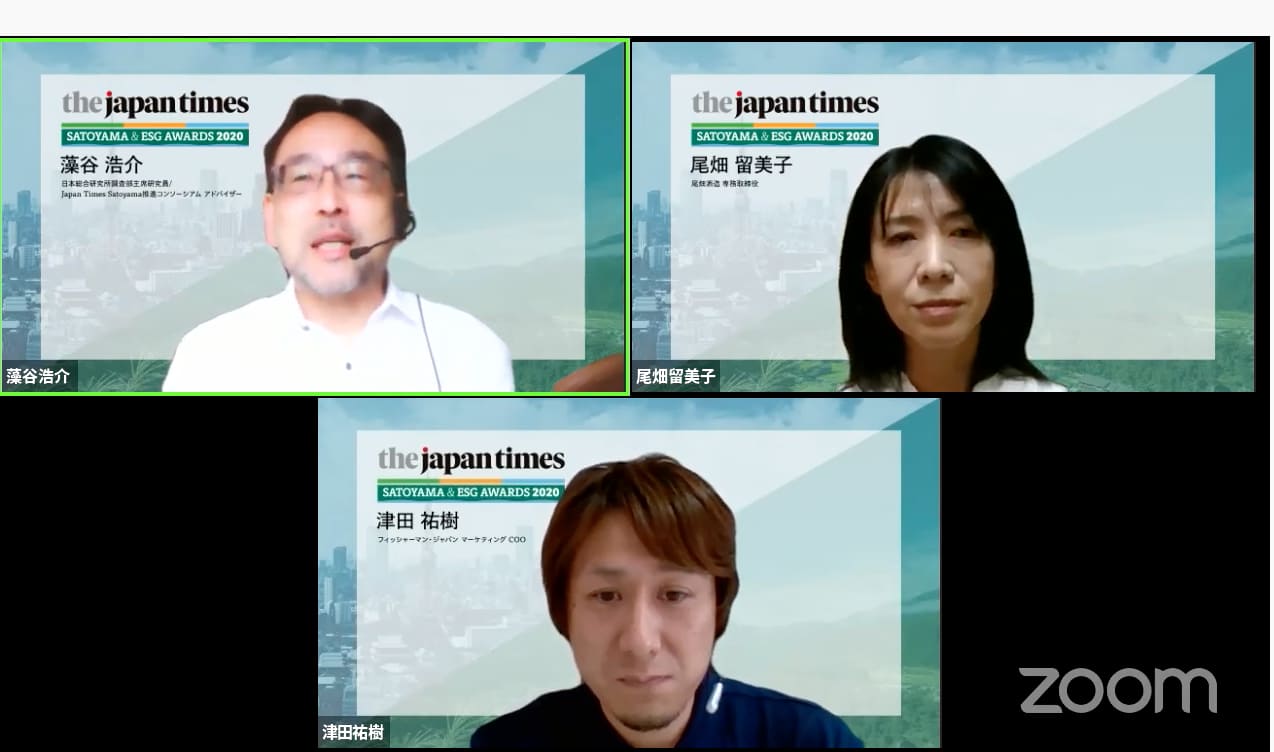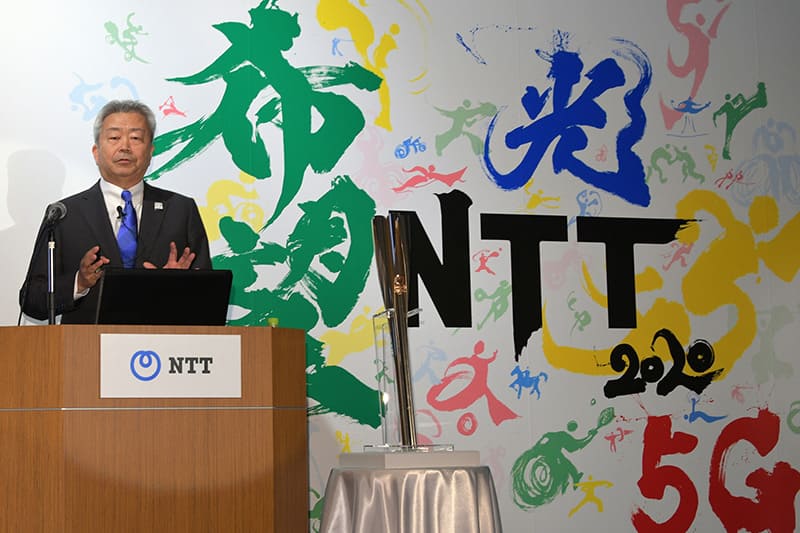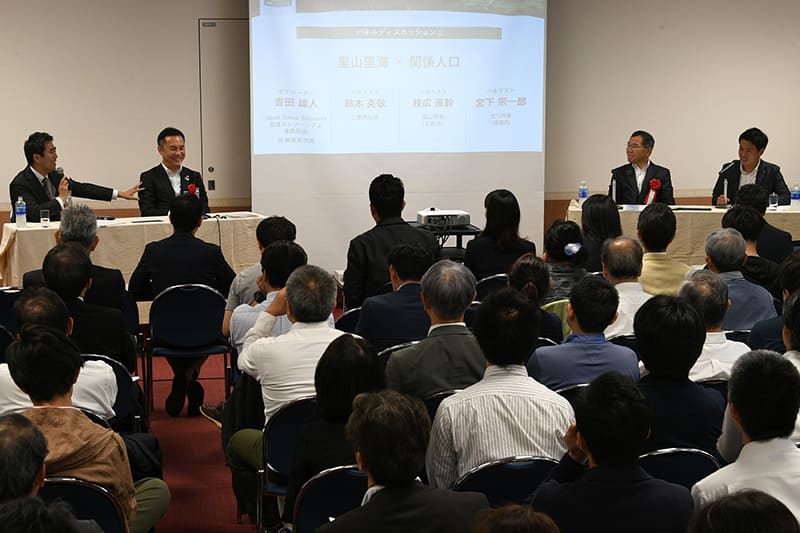April 22, 2022
Big goals: Soccer clubs work to revitalize their regions
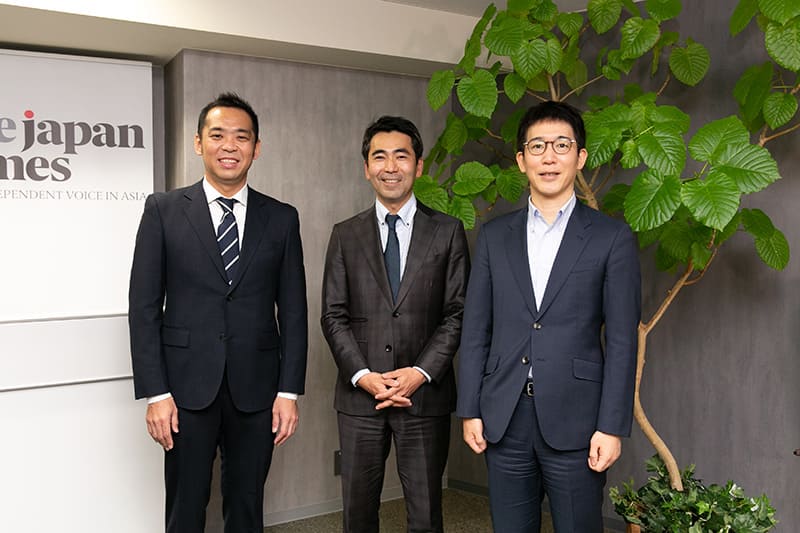
The sports industry was one of the first and foremost to suffer from the impact of the coronavirus pandemic, and is not back to normal yet. Professional teams are accelerating efforts to recover with the arrival of spring, the beginning of a new season for many sports, not only for the survival of the teams themselves, but also for the revitalization of their home regions.
In the 22nd Satoyama Cafe, held on March 8 by the Sustainable Japan Network, run by The Japan Times, the leaders of two companies that manage professional soccer teams shared some examples of regional revitalization through sports and discussed what more is necessary. “The areas where soccer teams do nothing but play only soccer has ended” and “Diversity in human resources is a must” — these were views that both speakers shared in the talk session.
One of the speakers was Kenichiro Suzuki, the president of Suzuyo & Co., Ltd. and chairman of the S-Pulse soccer club, both based in the city of Shizuoka. Suzuyo was established in 1801 as a shipping agency in Shimizu harbor carrying rice, salt, general merchandise among others. Its business expanded to various other fields — including trading, construction, food, information technology, aviation and local development. It is important to remember that Suzuyo is “the first company in Japan to produce canned tuna and tubed mayonnaise and in recent years, it started providing flight services that connect rural areas with other rural areas,” Suzuki said.
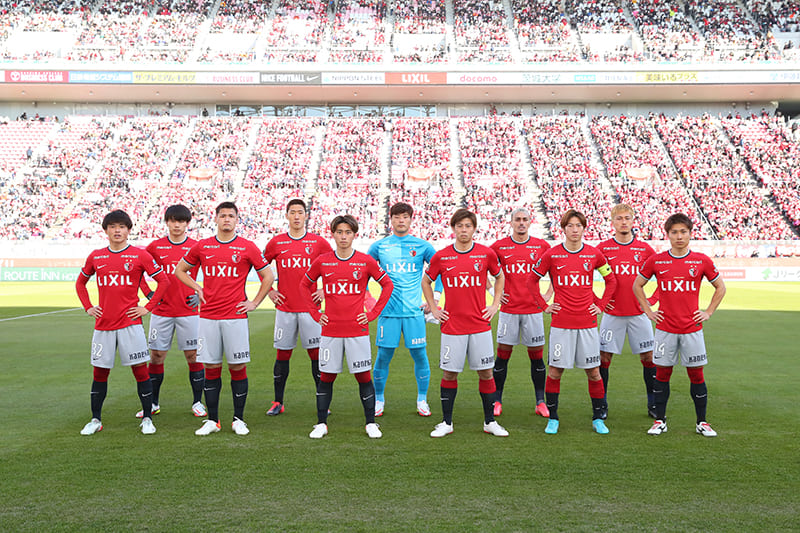
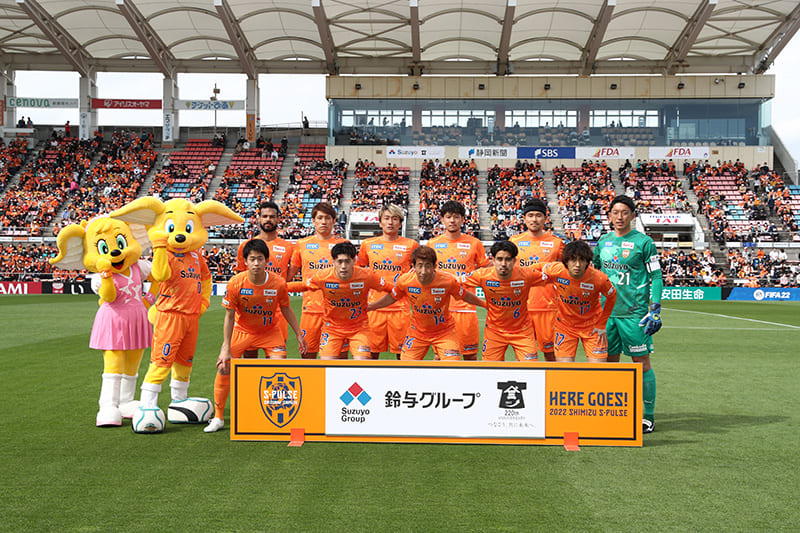
The two-century-long relationship with various stakeholders in the area has enabled Suzuyo to provide support to the community beyond the stadium, such as turfing schoolyards and dispatching S-Pulse players and staff members to schools to give lectures.
Mercari does not have such deep roots in the city of Kashima, but possesses strength in speed and technology. The Antlers made their home stadium, Kashima Soccer Stadium, available to accommodate a drive-thru PCR testing center in May 2020. “The important thing is what the team can do in the face of a crisis,” Koizumi said. During the pandemic, the Antlers launched a website to promote dozens of local shops and companies with links to their online shopping or home delivery pages and notified about 700,000 people who were registered with Antlers social media.
He also introduced experimental projects at the stadium, such as replacing all of the cutlery with biodegradable items and installing a face recognition system in collaboration with the team’s partner companies. “We want to make our stadium a place where visitors can take a peek into the near future,” he said.
Vacant spaces in the stadium are also one of their resources. “We opened a gym and an orthopedic clinic in the stadium, generating profit other than from soccer games,” Koizumi said.
Suzuki also stressed the importance of increasing sales in areas other than soccer games and explained that the company is working on long-term plans to monetize various projects using the brand power of S-Pulse. “There are only 17 home games annually. We should not rely only on those. Sports go well together with various other industries, such as technology, education, fashion and restaurants,” Suzuki said, and then touched on the necessity of acquiring talent to expand the business realm. “Since last year, S-Pulse has been gathering talent such as those who are looking for a second job where they can utilize their experience in digital marketing,” he said.
Koizumi pointed out that it has been customary for soccer teams to hire workers only through personal connections or from within the industry. “A closed industry has no diversity in human resources, which prevents the industry from growing,” he said, and explained that the generation of himself and Suzuki, who are both in their 40s, is starting to take over leadership positions, contributing to enhancing diversity in the industry.
Koizumi went on to say that the Antlers aim to be a hub in the community and to figure out what they can offer for people’s lifestyles, believing that profitability and stability will follow. Suzuki expressed his enthusiasm to make S-Pulse economically self-sustainable to continue contributing to the revitalization of its home region and the enhancement of civic pride.
